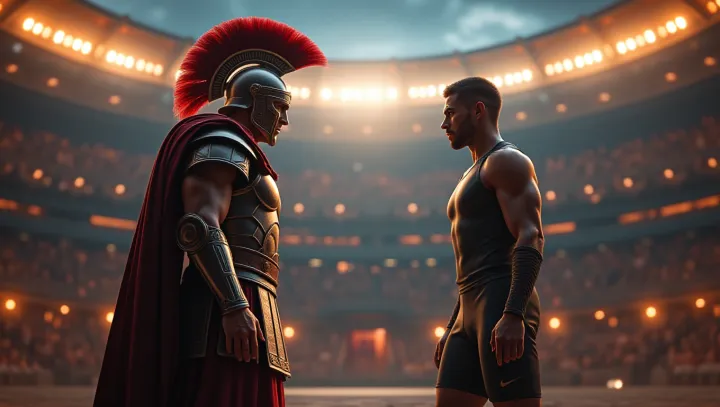The Evolution of Sports: A Dynamic Legacy

In the realms of human society, sports have consistently served as a reflection of cultural values and social dynamics. The origins of organized sports can be traced back to ancient civilizations, where competitive games evolved to foster communal ties and showcase martial prowess. From the Olympic games in ancient Greece to the elaborate chariot races of Rome, sports transcended mere entertainment, becoming symbols of national identity and pride.
These events required structured rules and rituals, signifying the gradual evolution of organized sports. As time progressed, technological advancements and globalization facilitated the transformation of sports into a global phenomenon. Stadiums became architectural marvels, hosting millions of spectators and broadcasting to audiences worldwide.
The integration of technology, such as instant replay and virtual reality, redefined the spectator experience. Today, sports continue to inspire unity and determination. Major events like the Football World Cup and the Olympic Games draw diverse global audiences, bridging cultural and linguistic gaps.
According to Professor Linda Grant of the University of London, 'sports encapsulate human triumph and endeavor, continually evolving yet rooting us in a shared tradition.' As we delve into the fascinating history of sports, it is evident that these activities are more than just games; they are a testament to human resilience and creativity, enriching societies and providing a platform for aspiring generations.
